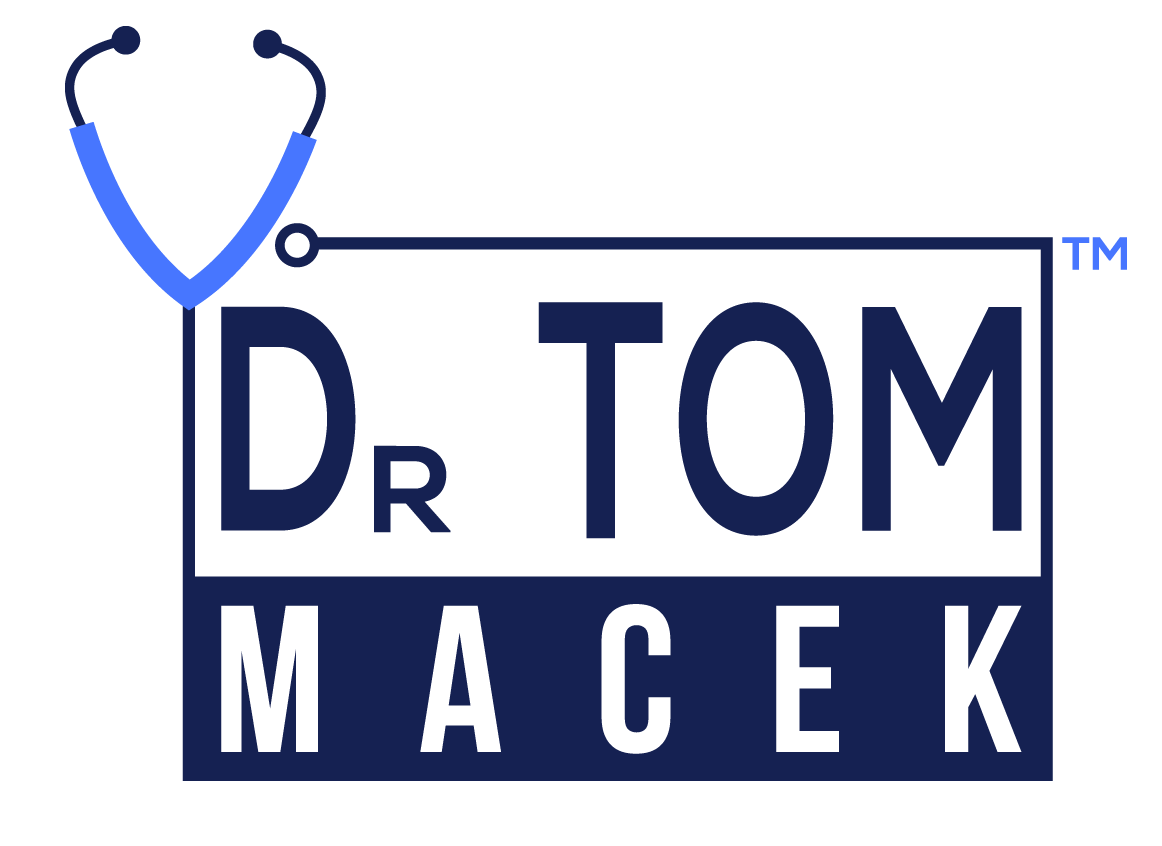Are Chronic Pain Treatments Affecting Your Sex Life?
/
Many people complain about not being able to have a sexual relationship with their spouse due to the pain they are experiencing. Chronic pain can without a doubt end a person’s sex life.
However, according to Pain Medicine News, several doctors have said that a good sexual relationship can help alleviate pain. Studies have shown that pleasurable stimulation can increase pain thresholds by 75%.
Alex Shteynshlyuger, a New York City urologist, states that when people are in pain they release high levels of epinephrine, which narrows the blood vessels, making it difficult to have an erection. Therefore it is important to control pain to prevent erectile dysfunction.
Moreover, patients who have chronic pain usually also have problems such as obesity, high blood pressure etc.
Dr. Shteynshlyuger stated that pain patients who suffer from erectile dysfunction should use the tadalafil drug to alleviate the pain. Another advantage of this drug is that it does not need to be taken with the timing of any sexual activity. Chronic pain can reduce the libido in a person. Due to this patients go into depression, making them feel worthless and useless. Decreased activity can also lead to weight gain which is harmful to the human body.
Opioids can be used to decrease pain; however they lead to numbness and a decrease in performance. Moreover they prevent the release of the sex hormones as it suppresses the adrenal axis. Some doctors prefer not to use the opioids and therefore they use steroids to freeze the nerve.
However there are other non-narcotic options that can be used to avoid pain. Treatments can include physical therapy, non-opioid medication, trigger point injections etc. Multimodal treatments can also be used such as medication and interventions. Other options to alleviate chronic pain can include meditation, biofeedback, acupuncture and a lot more.
Moreover hormone replacement can also be used in both men and women. Those who have deficiencies in their hormone level, are sent to a urologist or a gynecologist. Men who have erectile dysfunction even with normal levels of testosterone are provided with an antidepressant known as trazodone which can be used to treat erectile dysfunction. In addition, trazodone reduces pain, improves sleep and prevents muscle spasms.
Doctors and therapists believe that communication is a key factor to help with this problem. It helps for each spouse to comprehend what the other is experiencing.
The late George E. Ehrlich, MD, of the American College of Rheumatology, expressed in a part on arthritis in a book about sexuality, “The person who has arthritis often feels insecure and sometimes misinterprets concern on the part of the partner as distaste. … Or a spouse may avoid sexual overtures for fear of hurting the arthritic partner; this may be perceived by the patient as a sign of revulsion.”
Couples may have trouble communicating about pain; however they should be able to talk about it even when they are not in the bedroom. Partners should try to figure out a way to make such conversations comfortable and thus helping them in a positive manner.
For alternative methods for Pain Management visit Dr. Tom Macek, book an appointment.



